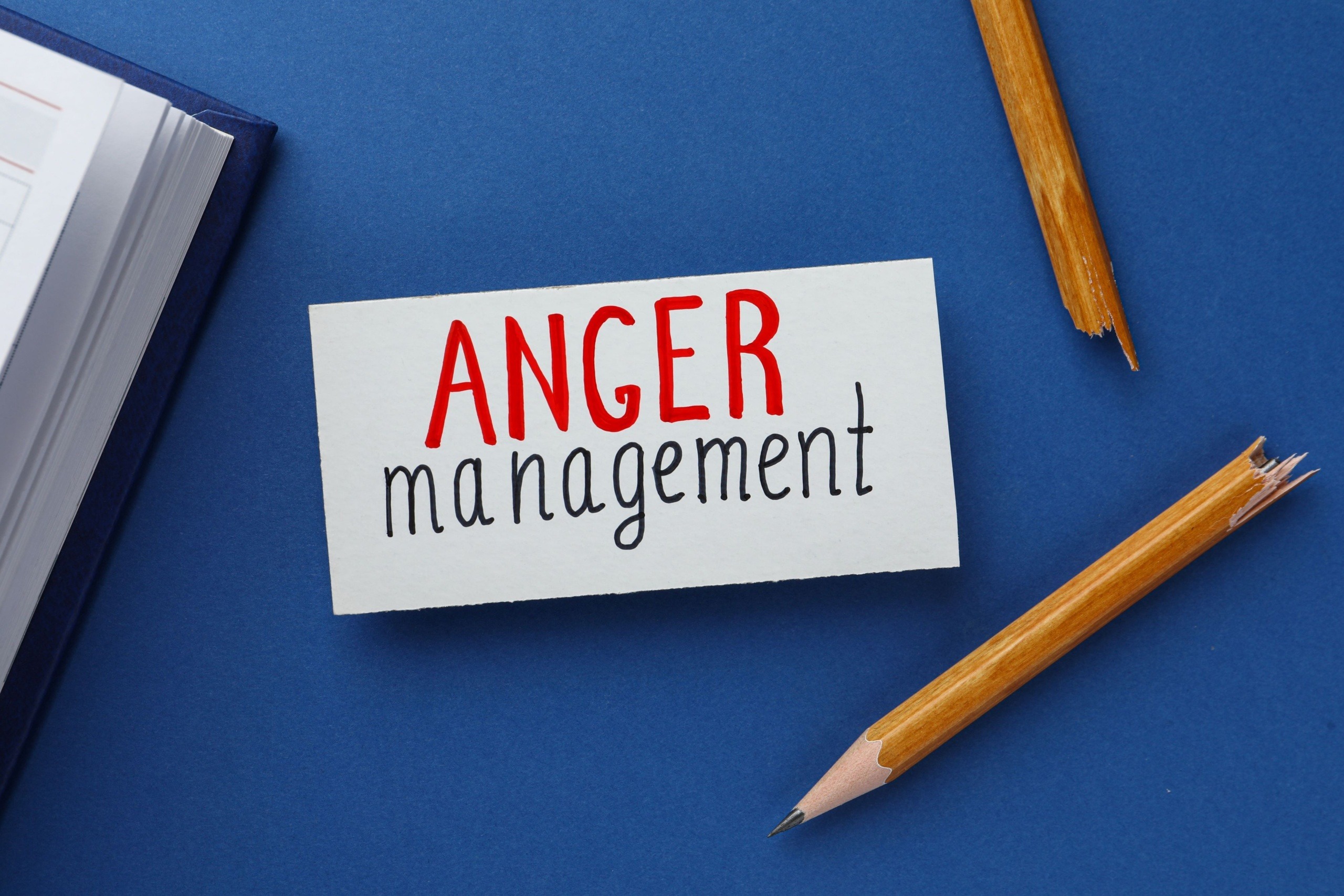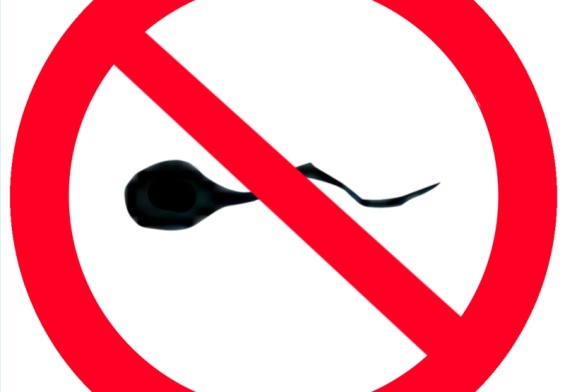Exploring the Relationship Between Anger and Conditions like Anxiety and Depression
Anger is a complex emotion that often signals more than just temporary irritation. It can be an indicator of deeper psychological issues, including various mental health disorders. While typically viewed as a normal, albeit uncomfortable, response to perceived threats or injustices, when anger becomes frequent, intense, and difficult to control, it can severely impact an individual’s emotional well-being and overall mental health.
Exploring the intricate relationship between anger and mental health is essential, particularly its association with conditions such as anxiety and depression. This blog will delve into how anger manifests in different mental health contexts, its impacts, and effective strategies for management. By understanding this dynamic, individuals can begin to unravel the complex interplay between their emotions and mental health conditions, paving the way for better coping mechanisms and treatments.
The Link Between Anger and Mental Health
Anger is not usually just a standalone emotion and can be intertwined with various mental health disorders, often serving dual roles as both a symptom and a cause. This complicated emotion can signal deeper psychological distress and is frequently seen in conjunction with conditions like anxiety, depression, and PTSD, where it can escalate the severity of these symptoms. When anger becomes frequent, intense, and difficult to control, its effects are far-reaching, impacting everything from personal relationships to professional performance. The inability to manage anger properly can severely diminish an individual’s quality of life, leading to a disrupted emotional state and overall mental health degradation. Recognizing and addressing this volatile emotion is crucial for maintaining emotional balance and ensuring long-term well-being.
Anger and Anxiety
The connection between anger and anxiety is both convoluted and multifaceted. Anxiety often manifests physically and psychologically as a response to perceived threats, and this heightened state can naturally lead to feelings of frustration and anger. For many individuals, the persistent state of anxiety makes them feel out of control, which fuels anger as a defensive response to regain control. This cyclical pattern can majorly affect one’s mental well-being, as the anger that arises from anxiety not only worsens the anxiety itself but can also lead to further mental health complications. Understanding and addressing this cycle is critical for individuals who experience both anger and anxiety, as breaking this loop can lead to improved coping strategies and a calmer state of mind.
Anger and Depression
In the context of depression, anger can often be a less recognized but equally debilitating symptom. Depression is typically associated with sadness and withdrawal, but for many, it also manifests as irritability or an explosive temper. This form of anger can be particularly distressing because it may feel incongruent with the typical portrayal of depression, leading to confusion and self-blame. Moreover, the anger experienced by those with depression is not just a symptom but can also exacerbate the depressive episodes, making it harder to recover from each episode. Effective management of anger within the realm of depression is essential, as it can lead to a massive reduction in the overarching intensity and duration of depressive symptoms.
Anger in Other Mental Health Disorders
Beyond anxiety and depression, anger plays a key role in several other mental health disorders. For instance, in bipolar disorder, manic episodes can trigger significant irritability and aggression, which complicates relationships and personal functioning. Similarly, individuals with borderline personality disorder may experience anger as a rapid response to perceived rejections or threats, leading to intense and often unstable interpersonal relationships. Post-traumatic stress disorder (PTSD) also includes anger responses as a symptom, where individuals may have aggressive outbursts as part of their hyperarousal symptoms. Identifying anger as a component in these disorders is vital for effective treatment and management, as it typically points to deeper emotional turmoil that needs to be addressed.
How Anger Affects Mental Health
Chronic anger can lead to a host of psychological issues. It interrupts thought processes, affects decision-making, and leads to poor coping strategies such as substance abuse. Anger imposes a large burden on cognitive resources, making it harder to process information and manage emotional reactions. This cognitive disruption can exacerbate mental health conditions, leading to a deteriorated state of emotional health and well-being.
Managing Anger for Better Mental Health
Managing anger in an effective manner is necessary for maintaining good mental health and ensuring emotional well-being. Effective anger management not only helps mitigate immediate emotional responses but also contributes to long-term health benefits, including reduced stress and improved relationships. Below, we explore some practical anger management strategies that can help individuals navigate their emotional responses and maintain control over their anger in various situations:
Identify and Understand Triggers
Gaining insight into what triggers your anger is an integral part of effective anger management. These triggers can be diverse, ranging from personal interactions that provoke feelings of disrespect to situations that cause stress or anxiety. By identifying these triggers, individuals can begin to understand the patterns of their anger responses and the underlying emotions driving them. This understanding is the first step toward developing targeted strategies to mitigate these triggers or to respond to them more constructively. For example, if one recognizes that rush-hour traffic drastically raises their irritation levels, they could look for alternative commuting options or schedules to alleviate this stressor.
Develop Coping Strategies
After understanding the specific triggers of anger, it’s essential to develop and apply the proper anger management coping strategies. These strategies can vary widely, from relaxation techniques like deep breathing and meditation to engaging in physical activities that can help dissipate the energy that anger builds up. Cognitive-behavioral techniques are particularly strong coping strategies, as they help individuals reframe their thoughts in a way that reduces the intensity of anger responses. Additionally, building skills in communication can aid in expressing feelings in a way that is not confrontational but constructive, which is crucial in resolving conflicts that might otherwise fuel anger.
Professional Support
Sometimes, anger can be overwhelming, and despite one’s best efforts, difficult to manage alone. This is where professional support becomes invaluable. Mental health professionals can offer a structured approach to understanding and managing anger, providing tools and techniques that might not be readily accessible otherwise. They can also help uncover any deep-seated emotional issues or trauma that might be adding to the anger, which can be crucial for individuals who find that traditional methods for anger management have been insufficient.
Exploring Anger Management through Books
Reading can be a powerful tool in understanding and managing anger. Many authors have explored the nuances of anger, providing insights and practical advice on how to handle this complex emotion. “Anger Management 101” by Kelly Gorsky, LMHC, CCP, stands out as an essential resource for anyone seeking to delve deeper into their emotional responses. As a Licensed Mental Health Counselor and Certified Anger Management Specialist, Gorsky brings a wealth of expertise, offering a trustworthy and insightful guide for those looking to enhance their emotional self-help and stress management skills.
This anger management book introduces an innovative Solutions-Focused Approach to anger management, distinguishing it from other texts in the field. Gorsky’s method is highly action-oriented, focusing on practical tactics that individuals can apply daily. This practical perspective is invaluable for those who need immediate and actionable strategies to manage their anger and seek stress management self-help. Structured like a course, the book comprises five main classes or chapters, each delving into different aspects of anger. These chapters provide a comprehensive exploration of the nature of anger, its triggers, and its various manifestations, making the management of stress and anger more accessible for everyone.
Alongside Gorsky’s book, other well-regarded titles include “The Anger Control Workbook” by Matthew McKay and Peter D. Rogers, which offers step-by-step exercises for managing anger, and “Anger: Wisdom for Cooling the Flames” by Thich Nhat Hanh, which promotes a mindful approach to transforming anger into compassion. Incorporating these readings into your personal development plan can significantly enhance your understanding and provide effective tools for managing anger.
Anger Management Programs
Enrolling in anger management programs can be a proactive step towards controlling anger effectively. These programs are structured to help individuals understand the roots of anger, acknowledge its bodily and mental manifestations, and learn how to handle situations in a way that maintains self-control and rationality. The group setting of these programs can also provide peer support, which allows individuals to see how others handle similar challenges, providing both reassurance and alternative strategies for managing difficult situations.
Moving Towards a Healthier Emotional Future
Understanding the complex link between anger and mental health is more than an academic exercise; it’s an important step toward healing and emotional stability. By knowing the signs of unhealthy anger and its profound effects on mental health, individuals are empowered to take proactive measures. Managing anger effectively is not just about quelling momentary outbursts—it’s about fostering long-term mental resilience and enhancing overall well-being.
Embracing strategies for anger management, seeking professional guidance, and possibly engaging in specialized programs can transform destructive emotional patterns into constructive responses. The journey to better mental health begins with the acknowledgment that anger, when left unchecked, can be damaging, but when understood and managed, can lead to a deeper understanding of oneself and improved interpersonal relationships. Let this awareness be your guide as you navigate the complexities of emotions and stride toward a more balanced and fulfilling life.
Resources:
- Anxiety and Anger: Why Anxious Feelings Can Make You Angry – Talkspace
- Anger and depression – Cambridge University Press
- STRESS AND HEALTH: Psychological, Behavioral, and Biological Determinants – Annual Review of Clinical Psychology




